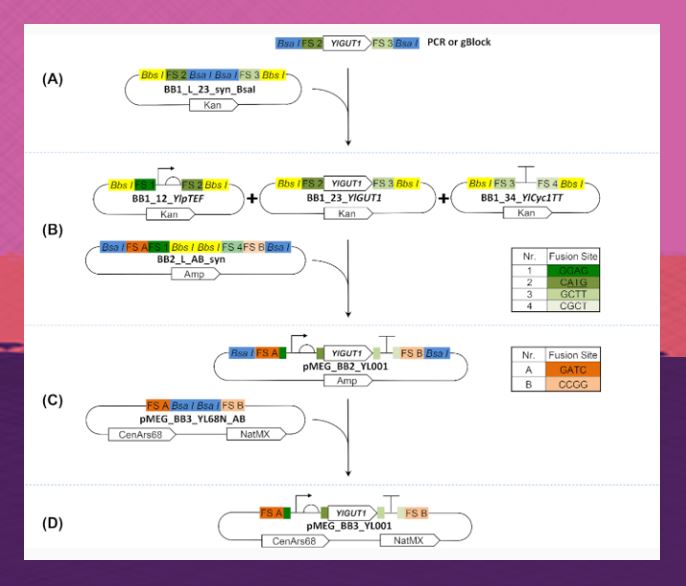The laboratory application of the CRISPR-Cas system found in bacteria and archaea has started a revolution in genome editing throughout molecular biology. Yet, is it our understanding of molecular microbiology that makes these advances possible. As such, we are very excited to have published a new Thematic Issue of FEMS Microbiology Letters containing 12 complementary papers on the latest research into the CRISPR-Cas system and its usage.

Michael Egermeier, Michael Sauer, and Hans Marx
Major discoveries at the level of comparative genomics, molecular microbiology and biochemistry that were made a decade ago have revealed that CRISPR-Cas is a heritable adaptive immune system of bacteria and archaea. CRISPR-associated nucleases use CRISPR-derived RNA guides to target complementary DNA or RNA sequences.
These key findings have initiated a revolution, including the exploration the natural diversity of CRISPR-Cas classes and types, the characterization of structural and mechanistic details of CRISPR-associated proteins and their RNA guides, as well as the development of a range of applications both in biotechnology and medicine.
Read the new Thematic Issue on CRISPR-Cas
Editors: John van der Oost and Richard van Kranenburg
